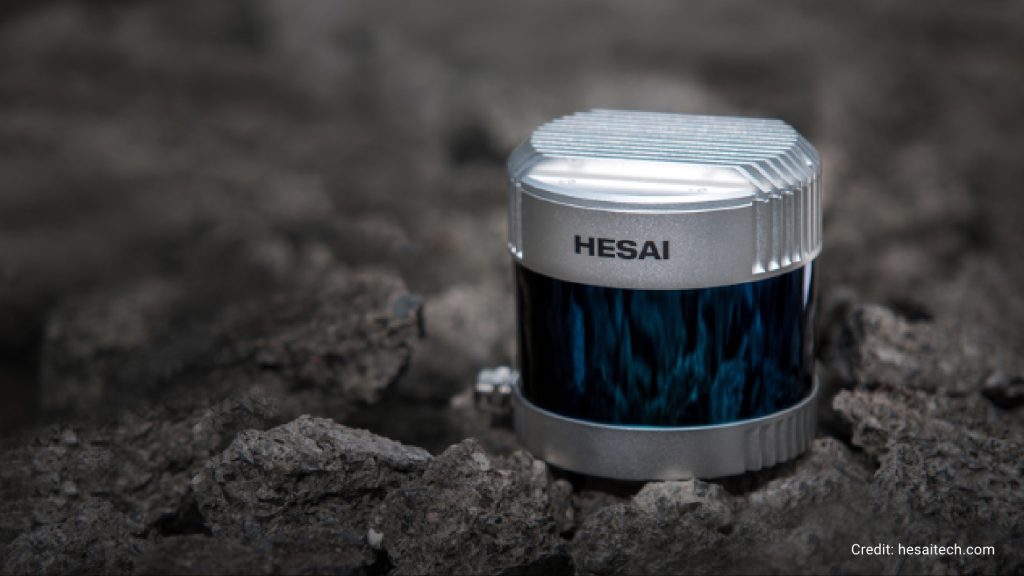
Hesai, one of China’s leading laser sensor manufacturers for electric vehicles (EV), is suing the US government after adding the Chinese giant to the Pentagon blacklist of companies allegedly associated with military activities.
The incident’s odd timing has ignited a wave of questions around the company’s stance in relation to the ongoing conflicts between US and China. Announcing the intention to sue, Hesai co-founder and chief executive David Li pointed out that the firm does not have any links with the Chinese military, and it works independently.
The blacklisting comes at a time when the Pentagon is intensifying its scrutiny into Chinese technology firms that may support the People’s Liberation Army (PLA) or threaten US national security. Measures taken have ranged from the limitation of access to advanced chip technology to restrictions in China’s involvement in critical infrastructure, which immediately led to a negative impact on the technology sector in China.
Financial Impact on Blacklisted Chinese Companies
While the blacklist does not ban Hesai from selling its products in the US, the company has watched its Nasdaq listed shares fall almost 50% since the original designation in January.
Chief executive Li said the Pentagon blacklist has brought “huge, significant harm” to Hesai’s reputation, which is making it more difficult for the company to win new clients across the world, though Li added existing customers continue to be trusting of the company.
Hesai now joins the growing Pentagon list of banned software companies, including Chinese drone maker DJI and Advanced Micro-Fabrication Equipment, based on similar blacklisting concerns.
These Chinese companies blacklisted will test whether private sector companies can persuade US courts that they are independent of state and military links.
Hesai was first blacklisted in January but believed it had been cleared when the Pentagon initially ruled that the company did not meet the criteria for inclusion. However, “vague claims” insinuated that it supports China’s military-civil fusion program led to the relisting of the company.
The Chief executive of Hesai, added that they look forward to disproving these allegations, which they consider unproven.
On the other hand, direct outreach by Hesai to US officials about Pentagon blacklist concerns, so far, has been discouraged and the legal battles reflect broader fears about the potential for Chinese companies to exploit dual use technologies with both civilian and military applications. Hesai company posted annual revenues of some RMB 1.9 billion, or $264 million, for 2023, with 40% coming from the US market, while leading 40% in the world’s car lidar technology markets.
Final Thoughts
In light of Hesai’s Pentagon blacklist challenge, serious questions are raised about the deeper ramifications of the US drive to attempt a Pentagon blacklist of Chinese companies under evaluation and restrict their activities.
As more Chinese firms legally challenge Washington’s sanctions against Beijing, the outcomes are influencing and defining the international business and the oh-so delicate, thin, line between national security and economic growth.
The question remains: How will these tensions define the global technological landscape, and can the US and China find common ground amidst rising geopolitical challenges, or will competition continue to drift these powerhouses? One answer that will have consequential affects in the future of innovative growth, trade, and cooperation.
Inside Telecom provides you with an extensive list of content covering all aspects of the tech industry. Keep an eye on our Tech sections to stay informed and up-to-date with our daily articles.